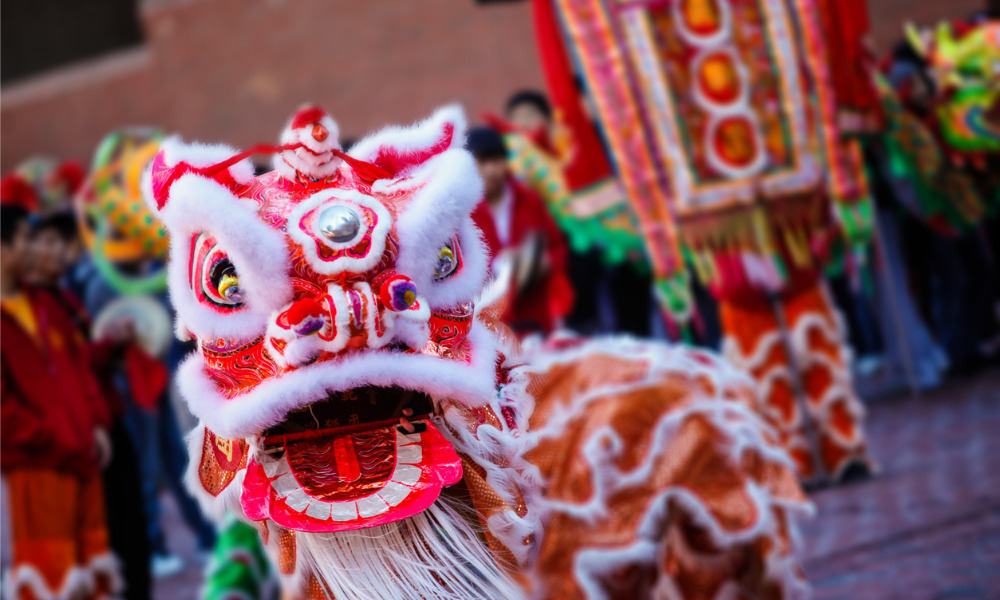
Singapore has set strict rules due to the pandemic but that doesn’t mean the New Year will be less ‘huat’

The first day of the Chinese New Year (CNY) will fall on February 12 this year, and like all things during the pandemic, the festive season will look wildly different from what we’re used to.
As a precaution, Singapore has capped the number of visitors per household to just eight people per day. This rule kicked in last week (Jan 26). Following the announcement, Education Minister Lawrence Wong said that officers will do random spot checks to enforce the new rule on household visits. Wong also co-chairs the multi-ministry COVID-19 taskforce.
Those celebrating have also been urged to visit only two houses per day. These are just some of the things you must consider if you're planning to invite your co-workers to your house for a CNY gathering – for a ‘reunion’ meal or even a team ‘lohei’ session.
Speaking of the traditional activities to chime in the New Year and attract some ‘huat’, or prosperity, the Ministry of Manpower (MOM) and their tripartite partners have advised against organising social gatherings altogether.
“While we understand the desire for more physical workplace interactions, we urge employers and employees to stay vigilant in the fight against COVID-19,” they said in a statement seen by HRD. “The prevailing safe management requirements are vital to continue safe reopening for the economy.
“As we approach CNY, we also remind companies that they should not organise gatherings and social activities such as lohei or CNY meals, as these are not considered work-related events, and are therefore not allowed.”
Read more: CNY: Chinese employers pay staff to avoid travel amid pandemic
Even if Singapore currently seems like it’s got the COVID situation under control, the Ministry of Health urged residents to stay vigilant and released a detailed list of do’s and don’ts for the festive season. Some of them include:
Do:
Don’t:
Read more: Back to work: Govt requirements to reopen safely
The authorities will step up enforcement checks at F&B establishments, malls and other crowded public spaces during this period. Strict penalties will be taken against individuals and operators who do not comply with prevailing safe management measures. Errant individuals can expect fines and even prosecution in court, depending on the severity of the offence.
“Let us be mentally prepared that CNY this year will not be the same as before,” Wong said at a taskforce press conference. “It will be quieter [and] more subdued. And we will have to be more disciplined in how we go about our daily activities and interactions.”